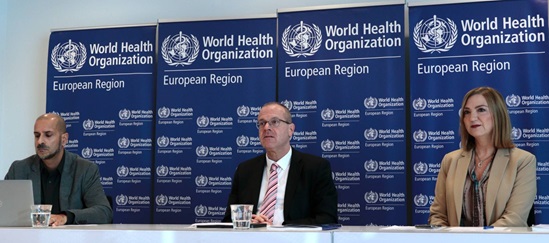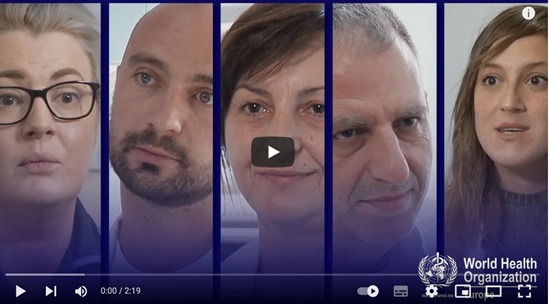WHO/Europe has developed and introduced strategies for harmonizing and monitoring initial and continuing education for nurses and midwives, based in part on a four-year longitudinal study of nursing and midwifery education programmes in Europe. It has also developed education guidelines for a new nursing specialization, the family health nurse, which was introduced through a pilot study in 7 countries and has been further implemented in 19 countries.
The current shortage of nurses and midwives in the WHO European Region has various causes, including low wages, limited career prospects, restricted participation in decision-making, migration and lack of professional standards and quality indicators. The first step in tackling these challenges is to improve nursing and midwifery education.
Implementing a system for initial nursing and midwifery education at the higher educational level and expanding the scope of professional practice are important prerequisites for recruiting and retaining a sufficient number of nurses and midwives.
News
All →Publications
All →Recognizing the critical contribution of the nursing profession to health systems, this technical brief sets out the case for investing in safe nurse staffing....
Strategic directions for nursing and midwifery in central Asia (2025–2030) envisions building more resilient health systems by strengthening nursing...









